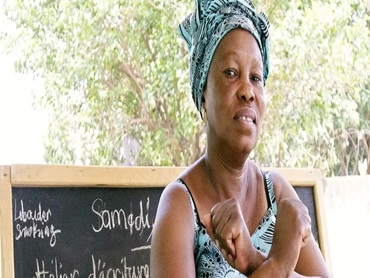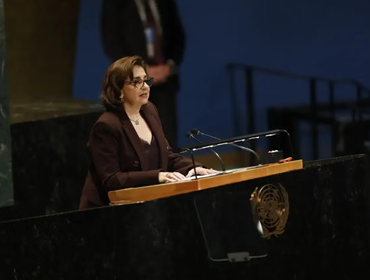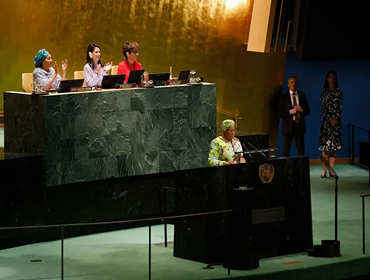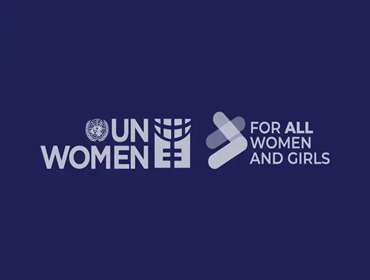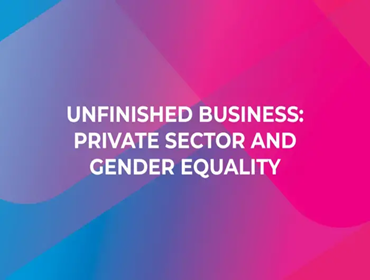UN Women calls for a strong Gender Action Plan at COP30 to keep gender equality as a central pillar for climate action
Stories & Blogs UN-Women (Media Advisory )UN Women is calling for the adoption of a transformative, well-funded, and accountable Gender Action Plan (GAP)
Briefing remarks on the situation of women and girls in Sudan
Stories & Blogs UN-Women (Press briefing )From the Palais des Nations in Geneva, Anna Mutavati, UN Women Regional DiUN call for the protection and prioritization of women and girls amid Sudan’s acute food insecurity.
How to end wars: Invest in the Women, Peace and Security agenda.
Stories & Blogs UN-Women (Story )Twenty-five years since the world declared that peace requires gender equality, funds for peacebuilders are down and conflicts are on the rise.
Gender equality remains a unifying force for the world – 2025 must be our turning point.
Stories & Blogs UN-Women (Speech )Remarks by UN Under-Secretary General and UN Women Executive Director Sima Bahous at the High-level meeting of the UN General Assembly on the 30th anniversary of the Fourth World Conference on Women, UN headquarters, 22 September 2025.
World leaders place women’s empowerment and gender equality at the heart of multilateralism as UNGA80 High-level Week opens
Stories & Blogs UN-Women (Press Release )Governments commit to more than 212 actions showing global support for women and girls.
HeForShe Alliance rallies men and boys to stop online misogyny.
Stories & Blogs UN-Women (Press Release )Online misogyny has reached crisis levels, with women and girls subjected daily to harassment, abuse and discrimination across digital spaces.
Gender equality is the world’s unfinished business – and unfinished potential
Stories & Blogs UN-Women (Press Release )Gender equality remains the unfinished business of our time – and the private sector is indispensable for closing the gap, according to a new report from UN Women launched today.
Half the world, only a quarter of the news: Women appear or are heard in just 26 per cent of all broadcast, radio and print clips.
Stories & Blogs UN-Women (Press Release )Thirty years after governments pledged transformative change for women through the Beijing Declaration and Platform for Action, a new global study finds women remain almost invisible in the world’s news.
Over 500 days of siege: Women and girls trapped in El Fasher face the risk of starvation and death.
Stories & Blogs UN-Women (Statement )For more than 500 days, women and girls in El Fasher, North Darfur, have borne the brunt of a relentless siege.




